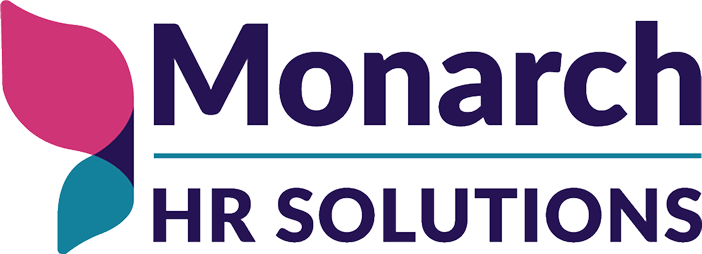By Kimberly Kafafian
Have you ever heard of a default parent? That’s me. I am a Mom, with a Capital M. I am the go-to. The permanent stopgap. I am Plan A and Plan B. When the pandemic hit, “it” all fell to me. In all actuality, I wouldn’t have it any other way and I know I wasn’t alone. Whenever I read that gender equality in the workplace has taken a large step backward over the last 18 months, I completely get it. Because ironically, much of it has to do with the fact that many working women are, well, mothers. Moms, like me. I’m not saying that only the careers of mothers have been affected. Far from it. Women have been disproportionately impacted across the board by the pandemic for a multitude of reasons. For one, millions of women, who are overrepresented in in-person front line jobs, lost their livelihoods overnight when shutdowns took hold.
But being a mother has definitely impacted career paths. Working mothers like myself, who were lucky enough to retain their positions, were faced with childcare issues overnight as schools, daycare centers and afterschool programs closed. While childcare issues have impacted working fathers as well, evidence has shown that working mothers have taken on more of the childcare responsibilities during this time, unrealistically juggling work and parenting responsibilities, reducing hours or leaving their jobs to do so.
Recent research is underscoring what women everywhere already know: the pandemic has negatively impacted their careers.
A survey by MetLife found that 48% of the women they polled align with this thought, with one in five women saying they have been pushed out of the workforce altogether. One study by Deloitte delved even deeper into the toll the pandemic has placed on working women. It revealed that 77% of respondents had an increase in their workload and 59% reported carrying out more domestic tasks. 66% said they have the greatest responsibility for household tasks, and more than half of those with children asserted that they handle the majority of child care. This increase in responsibilities is definitely affecting mental health with only a third of women saying their mental wellbeing was “good” or “extremely good” during the pandemic, which was at 68% pre-pandemic.
Interestingly, a study by McKinsey and Lean In on the pandemic’s toll on the careers of women with white-collar roles found that while women still made strides over the last year, they are experiencing much higher rates of burnout than their male counterparts. As a result, they are questioning if they even want to remain with their current companies and on their planned career paths. They feel their work is going unrecognized and unrewarded – and that is something employers need to be concerned about.
With organizations of all sizes, across all sectors, now facing the Great Resignation, it would behoove leaders to take particular note of what women are saying – especially since 56% of the women in the MetLife survey said they have thought about a career change and 57% of those in the Deloitte poll said they plan to leave their current job within two years.
So, what should an employer do to keep its valuable women talent and attract new workers?
The Deloitte and MetLife surveys give some good insight on how organizations can make their companies more attractive to women right now:
- Step Up Support. Only 35% of the Deloitte respondents felt their employer supported them when it came to work/life balance and only 39% felt their company’s commitment to women since the start of the pandemic has been sufficient. The women in the MetLife survey indicated that they want employers (present and future) to provide not only economic incentives, but tailored benefits, upskilling opportunities, and diversity/equity/inclusion programs. As a leader, ask employees how they are doing and what you can do to assist them at this time. Make sure to define clear boundaries between work and personal time. Take a real interest in the wellbeing of your team.
- Be Flexible. Women have been juggling, A LOT. They are looking for increased flexibility (78% are according to the MetLife survey). Offer flex schedules or hybrid work arrangements. Reassess your paid time off, as well as paid and unpaid leave policies. Be as generous with time as realistically possible.
- Offer Career Progression Opportunities. A whopping 73% of the women in the MetLife survey are looking for career development support from their current or future employer. Take a vested interest in your workers’ careers. Have authentic conversations with team members to identify and understand their career aspirations and help them devise a plan to achieve them. Offer trainings and educational opportunities, as well as create a mentorship culture.
As a result of the pandemic, women are evaluating their career paths in a new light. They want to work for organizations where they feel supported and appreciated. To retain and attract women workers, companies need to understand the impacts COVID-19 has had on working women and take actions to address their shifting expectations and demands.

